#41 | Who Are Digital Nomads?

If I have not said this word 1000x in the past year, then not once. Yet, so many people come back to me asking - but WHO are digital nomads? What do they do? What are their demographics like? What are their behaviors like? And how is this sector changing going forward? Are they all broke? Do they all run away from their problems? Are they all marketing gurus, bloggers & coaches? Do they exploit foreign countries for their personal benefit? Is a digital nomad the same thing as a remote worker? And where does this buzzword even come from? Who and how was the first digital nomad?
Let's have a look at these myths, and misconceptions & flat-out facts.
As a seasoned digital nomad (currently in season 4), writer of a digital nomad newsletter, an investor in digital nomad co-living space & someone who has consulted companies & organizations on how to develop strategies to attract more digital nomads, I have something to say :
Early Days of Digital Nomadism
I remember in the late 2010s during my university years it was the first time that I heard the term digital nomadism. My basic understanding of such a person was someone on the nice picturesque beach in Phuket, Thailand writing a blog post about travels. In any language to find their niche. But how did this trend start?
The name itself is interesting. I see more exited founders who are in their 40s using the term digital nomad referring to their lifestyles. You know, retired, traveling the world but sometimes I join a couple of Zoom meetings online.
Wikipedia's definition of a digital nomad is pretty simple. "Digital nomads are people who travel freely while working remotely using technology and the internet."

The first use of the term "digital nomad" started in the 1990s - despite the first actual digital nomad pioneering this lifestyle since 1983 by Steven K. Roberts - who cycled 10,000 miles across the USA - equipped with amateur radio and other equipment (satellite email and paging system) that allowed him to talk, type and work on the move. That's quite something. You can hear more of his story here.
In 1997 Tsugio Makimoto and David Manners in their book "Digital Nomad" described how technology will eventually allow societies to return to their nomadic roots. Whether we like it or not - human society, since the hunter-gatherer time has been created on nomad roots.
The idea of location-independent work however predates this term. In the 1960s, visionary Arthur C. Clarke predicted that technological advancements would eventually allow people to conduct business from anywhere in the world.
Just writing this, thinking of all the visionaries who anticipated that technological advancements will allow humans to work from places unlike we were used to - is incredible.
Yet in the 90s - it felt like a distinct future to think of when people be comfortably roaming the world.
The early 2000s brought advancements in mobile technology, a worldwide boom, and in a later phase & more developed countries - widespread Wi-Fi access.
The 2010s saw the growing popularization of lifestyle design and talk about the work-life balance. With growing globalization - tourism has also slowly started becoming more accessible to wider societal groups. This naturally led to the first co-working spaces and digital nomad communities worldwide.
And then, perhaps the biggest milestone for digital nomadism, the pandemic in 2020 accelerated the adoption of remote work. Suddenly the barrier of entry has blurred the lines between digital nomads and remote workers. What followed next was a major increase in the number of digital nomad segments worldwide and a sudden realization of so many industries - that there is a movement disrupting life as we have been told to. Following that nations and destinations began actively competing to attract digital nomads through specialized visa programs and infrastructure. Despite the number of growth leveling since the pandemic rather than continuing its rapid spurge - one thing remains. Digital nomadism is here to stay.
But now that we know how they got here. Who are they?

Current State of Digital Nomads
There is a stigma about who are digital nomads. Who do they know? What do they represent? Are we still talking about Westerners who got tired of extreme rental prices and decided to risk their careers in search of cheaper living costs? Are these the white males chasing women of color? Are these people who felt like they never really "fit in"? Are people afraid of commitment and escaping from life?
Some of these may be true, some may be completely fabricated.
While the movement's truly is predominantly western based - with almost 50% of the digital nomads worldwide coming from the USA. As with any stats & data - it's pretty difficult to get to an actual number. With digital nomads it does become specifically tough as these are often the "tourists" or "visitors" and the visa policy of different countries makes it harder to truly count all of them.
While some sources are stating there are around 40 million nomads worldwide - others expect the number to be significantly higher.
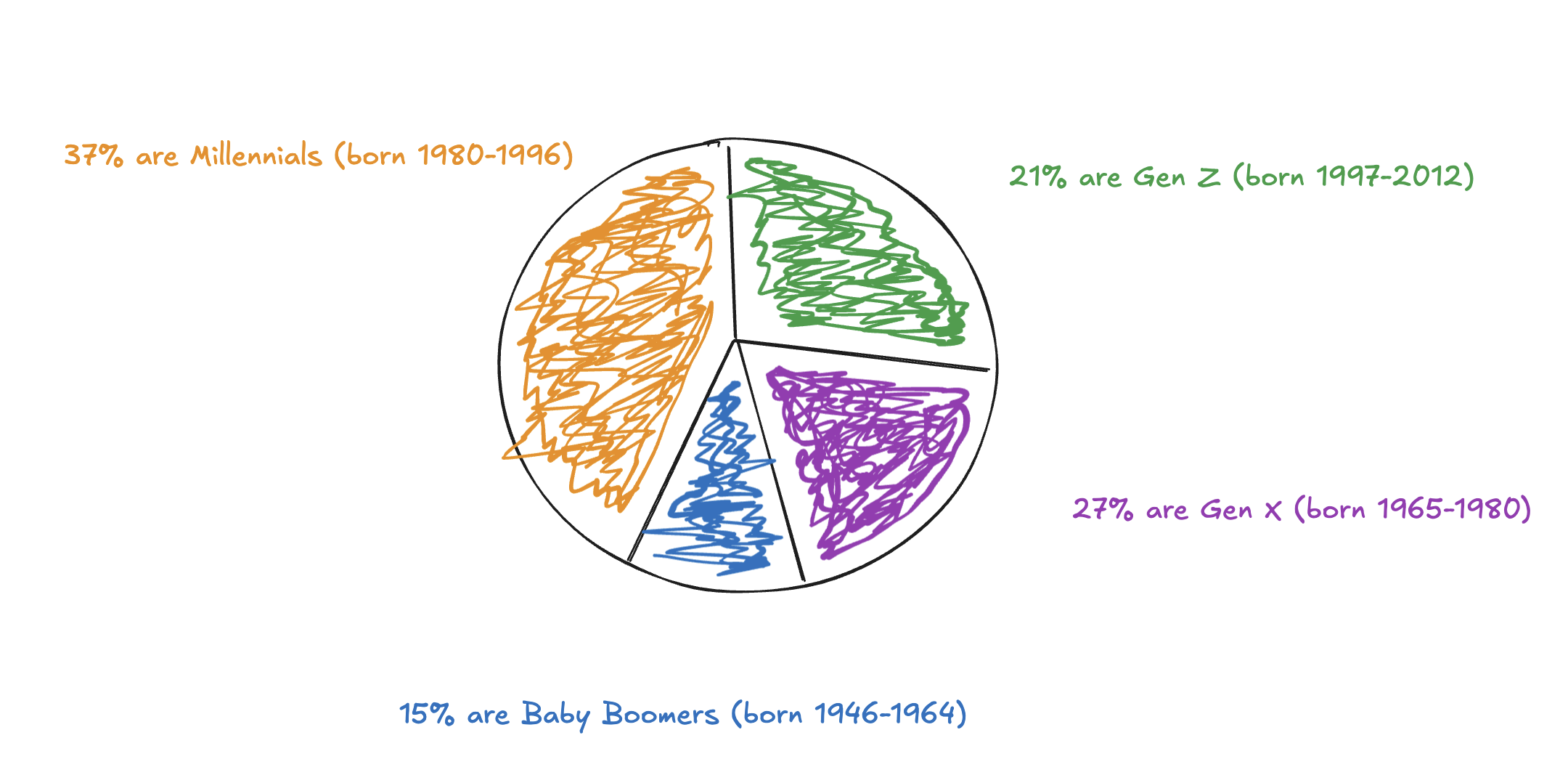
Work
Despite the usual misconception of digital nomads not being wealthy but rather broke (seen some digital "brokemads" jokes doing rounds) - the reality is different. The average annual income of a digital nomad is more than 85,000$ with the most common career being software development or web design followed by - entrepreneurship.
Roughly 28% of nomads are startup founders - which is a fairly high number. It sort of goes hand in hand with what this lifestyle requires - discomfort, resilience, curiosity & instability.
80% of digital nomads reported being highly satisfied with their work. I guess a case can be made for people having an easier time accepting both the pros & cons of their work if your lifestyle is designed based on where you truly want to be & with whom you want to be.
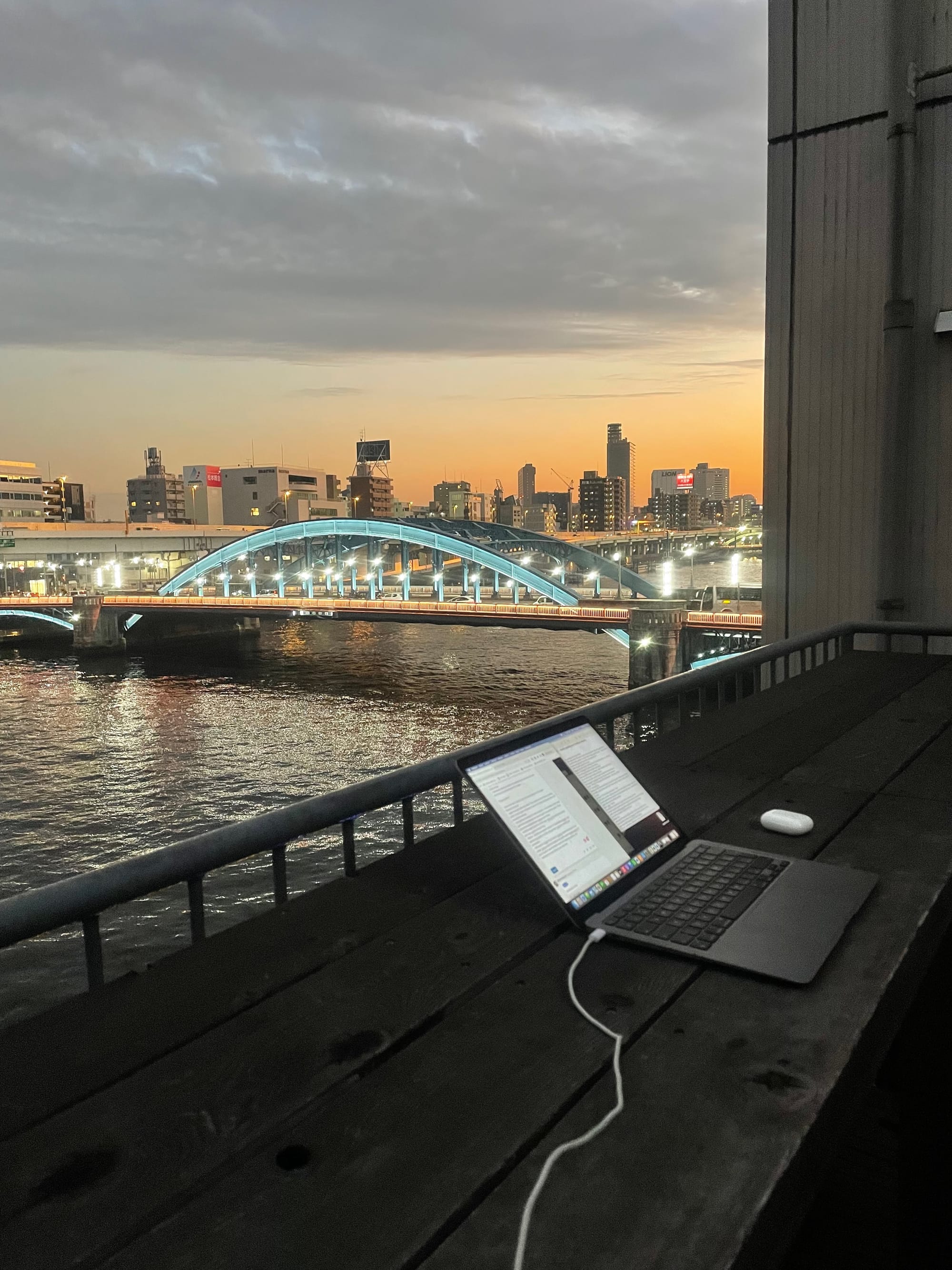
Travel
Some of the digital nomads are "always-on-the-road" which has been the case of mine for many years now. These represent 68% of the nomads. 32% of the respondents are digital nomads just part-time. For example when escaping winter. Using their home as their base and traveling for just some parts of the year. In general - lots of digital nomads turn ex-pats once they find a place that truly meets all of their living desires. There's a trend towards "slowed" travel, with digital nomads visiting fewer locations but spending more time at each stop.
Once a person turns digital nomad - they have this massive thirst to explore as much as they can as fast as they can. With the constant movement, however, so comes the tiredness. Somebody once told me that being a digital nomad is a job itself - the constant booking of flights, accommodation, researching places you want to see, restaurants to eat at, and activities you want to try.
I've seen many nomads start their journeys & slow down as the years went by. Or as they felt more content with what they had seen throughout the years. Once that happens - they naturally become slowmads - nomads who travel at a much lower pace and rather than spending days/weeks in a destination - they tend to spend months to years.
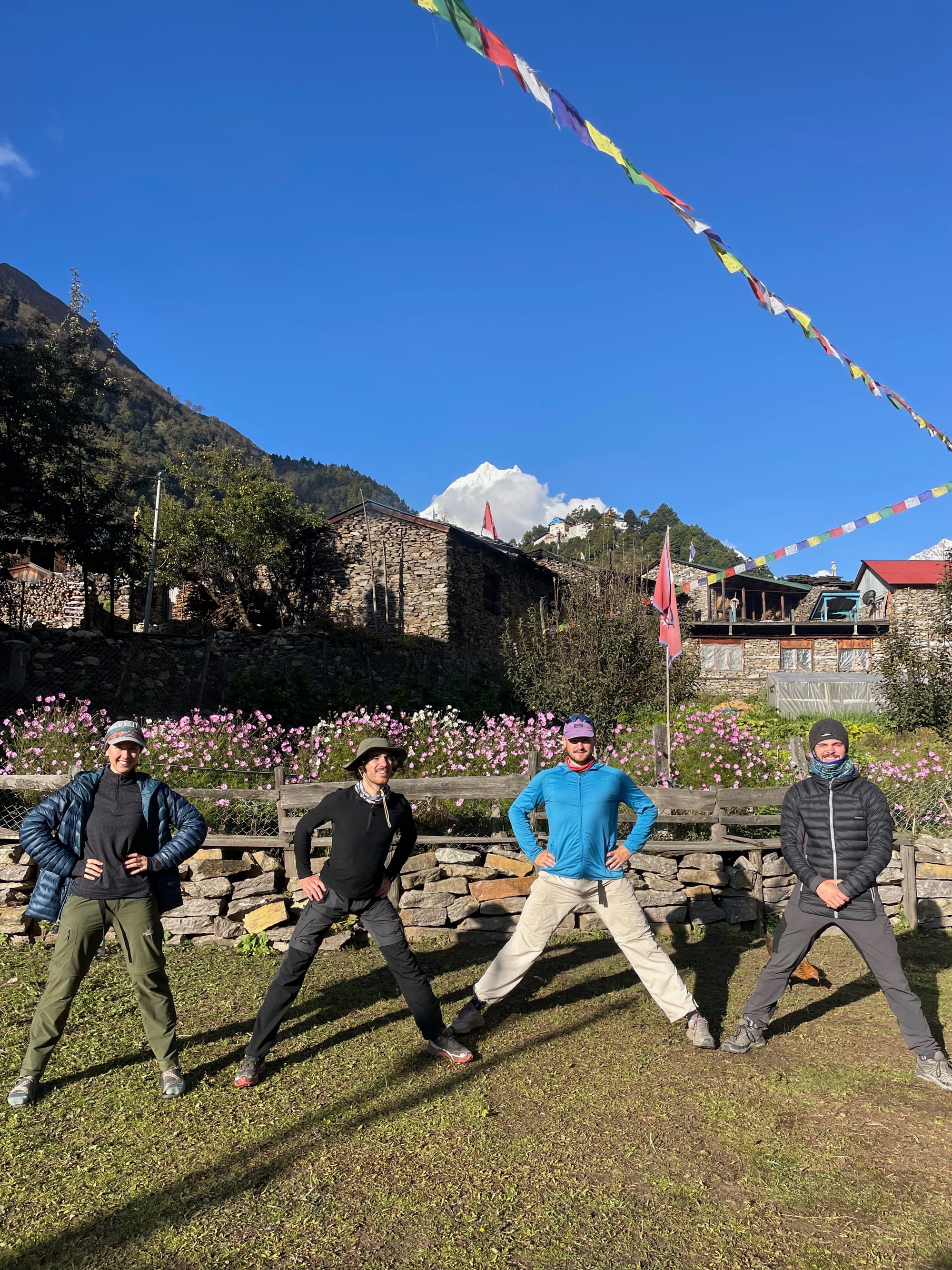
Lifestyle
Well, lifestyle is an obvious choice as to why people become digital nomads in the first place, with travel being the main motivator. But other than that - it's often the smaller things like - wanting to truly dedicate yourself to a hobby that you enjoy.
For example, say you want to learn surfing - you can go on and live in Bali or Azores. Want to do more hiking - sure, go and live in the Alps. Practice your skiing in the winter? Japan allows you to do so! Need a bit of a party? Sure, a month in a big city!
These are some of the favorite activities nomads get to do. Hiking, fitness, running, and other outdoor sports. Oftentimes balancing the screentime they accumulate during their 8+ hours of work.

The beauty of being a digital nomad is that you get to choose what you want to do. You set yourself a goal and work towards achieving it. Important to note though - that this lifestyle doesn't just happen. It's a result and consequence of people's decisions to decide and live their lives differently than society wants them to.
And some challenges come with it, don't get me wrong. I do not want to just portray this as the "ideal lifestyle." Personal safety, managing work and travel, being away from family and friends, time zone differences, and loneliness. Just to name a few.
The truth is, that of those who have ever tasted what this life feels like - very few have gone back to "the norm."
What do you think the future holds for digital nomadism? Will the movement die out or grow to even further heights?

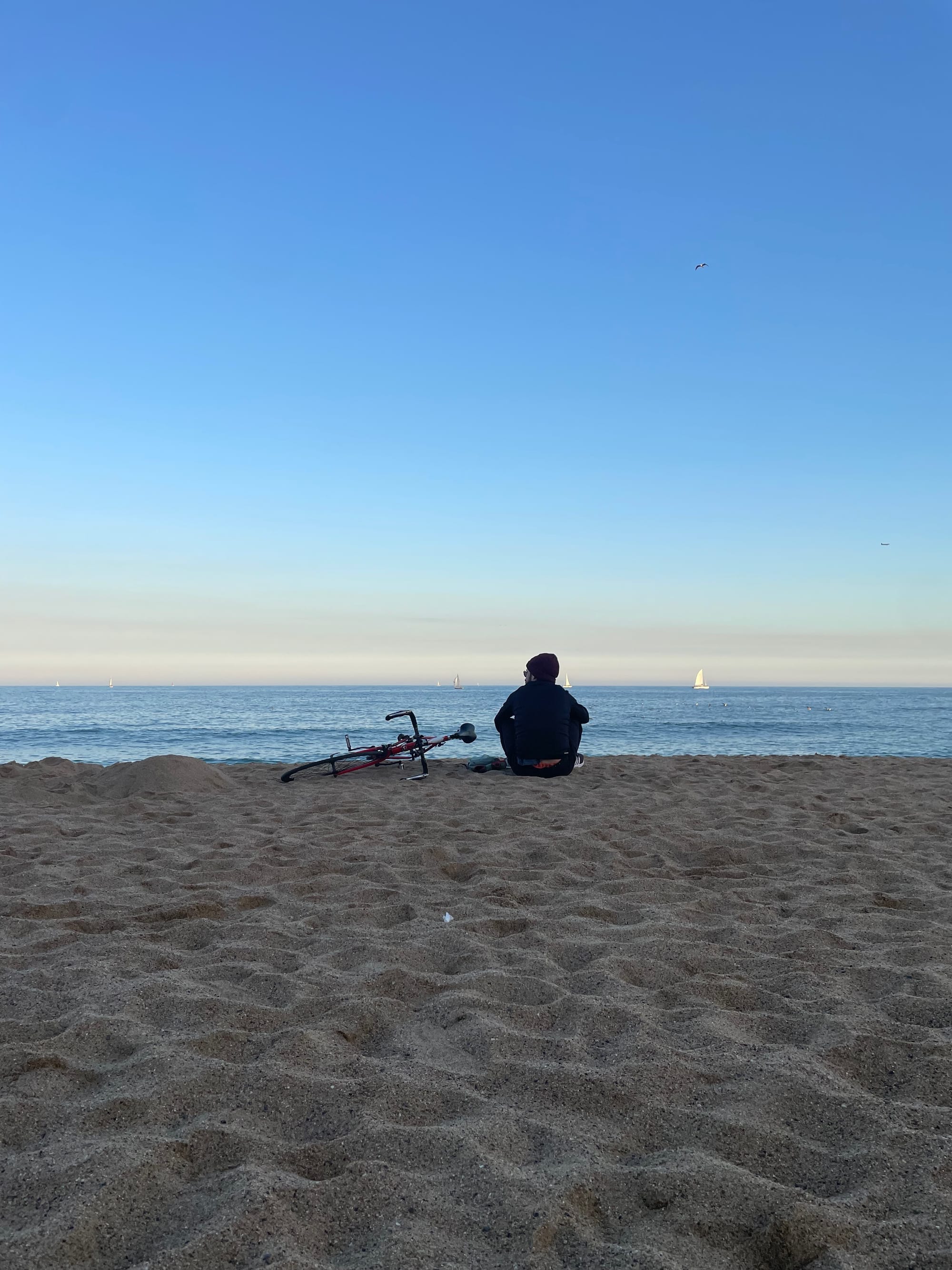
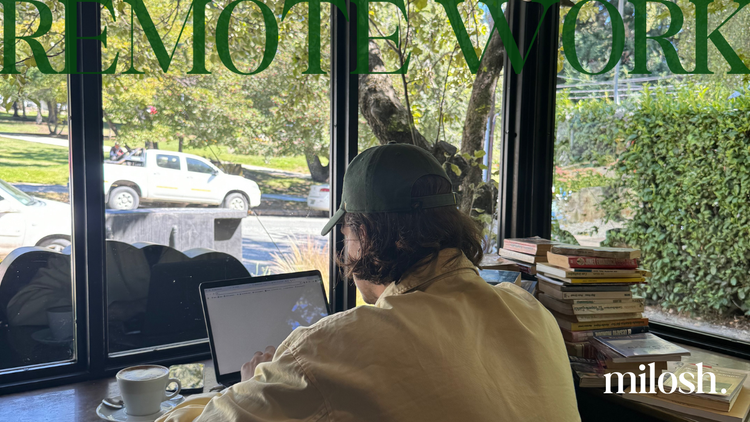

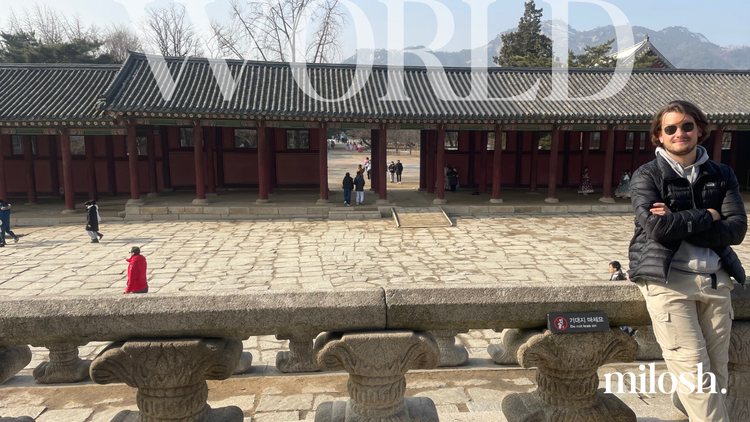


Member discussion